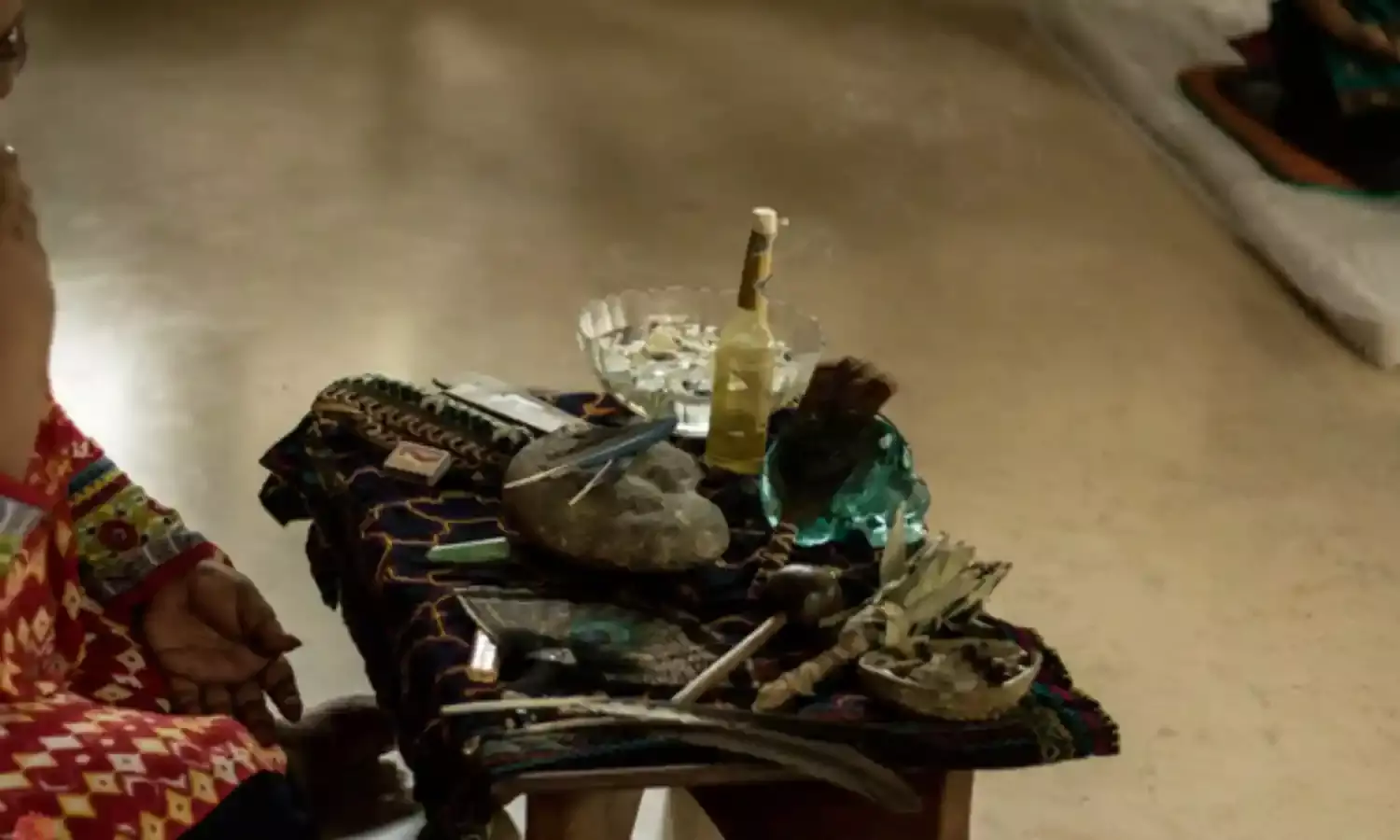Cursed Be Thy Name: Shamans Tell Arsonist to Confess or Be Maledicted
Sacrificial animal entrails hold the clue

ITANAGAR: In an epic case of fantasy novel meets spaghetti western, an alleged arsonist has been given less than a month’s time to confess to his crime, or face certain death. He or she has been cursed to die.
Giogi Tachu’s house in Parsi-Parlo in Kurung Kumey district was damaged in a fire on May 24. Convinced that the fire was set, Tachu sought help from the stars (or rather chicken’s liver) and approached tribal shamans to identify the culprit.
The pithily named All Arunachal Pradesh Abotani Abo Taru Nibu Nijik Boos Priest Welfare Association or AAPAANWA has issued a deadline to the alleged perpetrator to confess to the crime.
Else, this association of tribal shamans has warned of conducting some of its most drastic rituals against the guilty person.
A statement from AAPAANWA said that its shamans would observe the “local pooja” of Sotung, Hemi, and Dindum on September 10 at Parsi-Parlo.
According to the customs of the Abotani tribes, these rituals are held to identify, locate and trace a person (Hemi and Dindum) and inflict harm (Sotung) upon them.
Often they involve haruspicy or inspecting the entrails of sacrificed animals, a custom prevalent among indigenous communities across boundaries, which was practised even in ancient Rome.
In present day Arunachal Pradesh, although these practices are fading as people look to modern medicine and law, they remain an intrinsic part of tribal identity.
The association explained that these rituals are a “curse of death to culprit” and are the prescribed norms as per its bye-laws – Article 53 (1-3) on page 59, as the statement specifies – and are also in accordance with a 1945 Act. We were unable to identify this law.
With time and in the face of diminishing tribal markers in indigenous peoples’ daily lives, the shamanistic practices of the Abotani tribes of Arunachal Pradesh have been codified in English and bound into books before being passed by a house majority.
The alleged arsonist behind the act has, however, been given time to escape the curse of death.
The association said in its statement that “we request the obscure person whoever was involved… to confess before our association or Shri Giogi Tachu before the fixed date for local pooja.”
It also warned that if there is any death “after our pooja ceremony” the association will not take responsibility, and that “no murder case shall be registered and accepted”.
Not unlike the Wild West, this showdown at high noon will lead to certain death, but no one will be punished.
Constitutional law, on the other hand, may take a different view.



